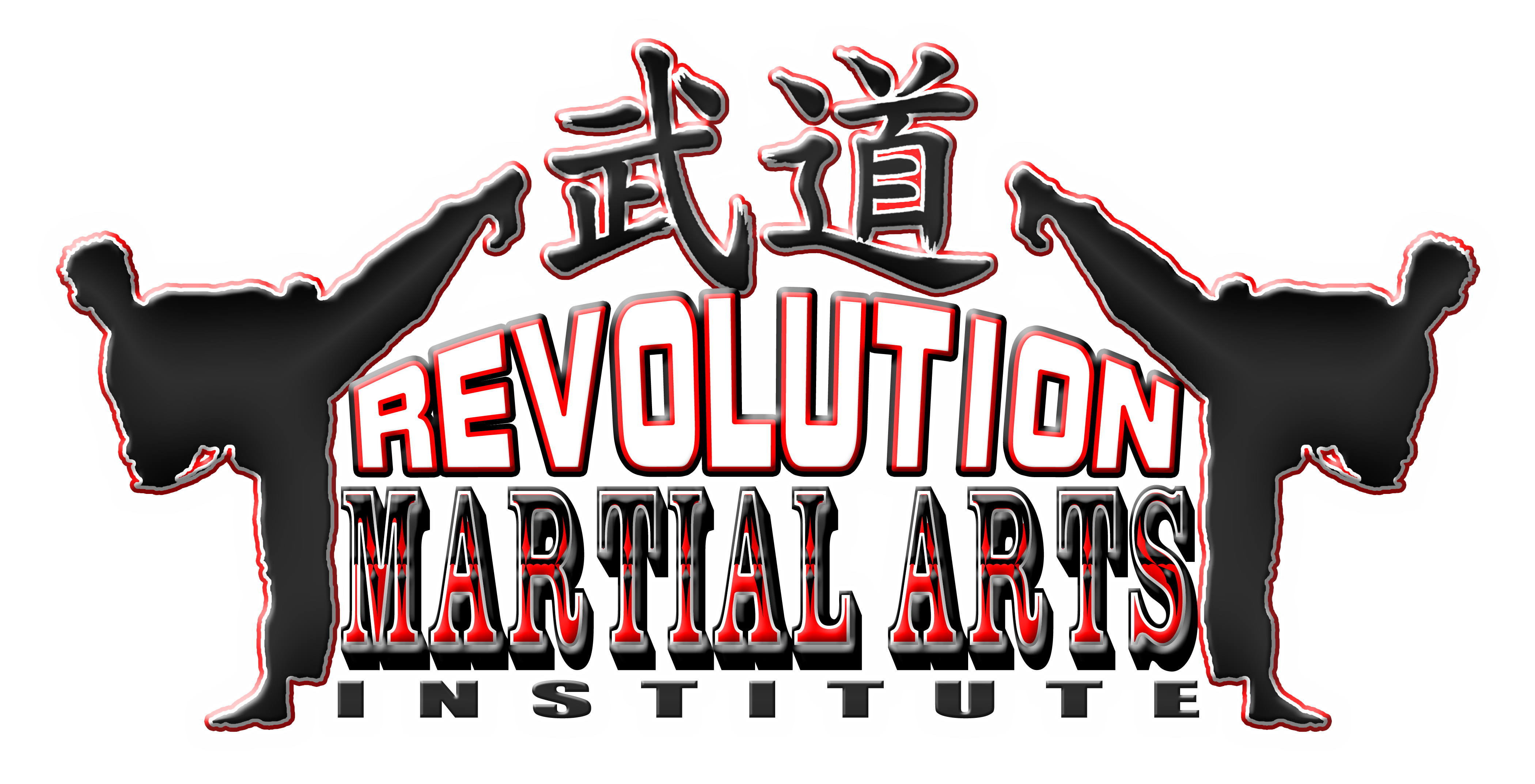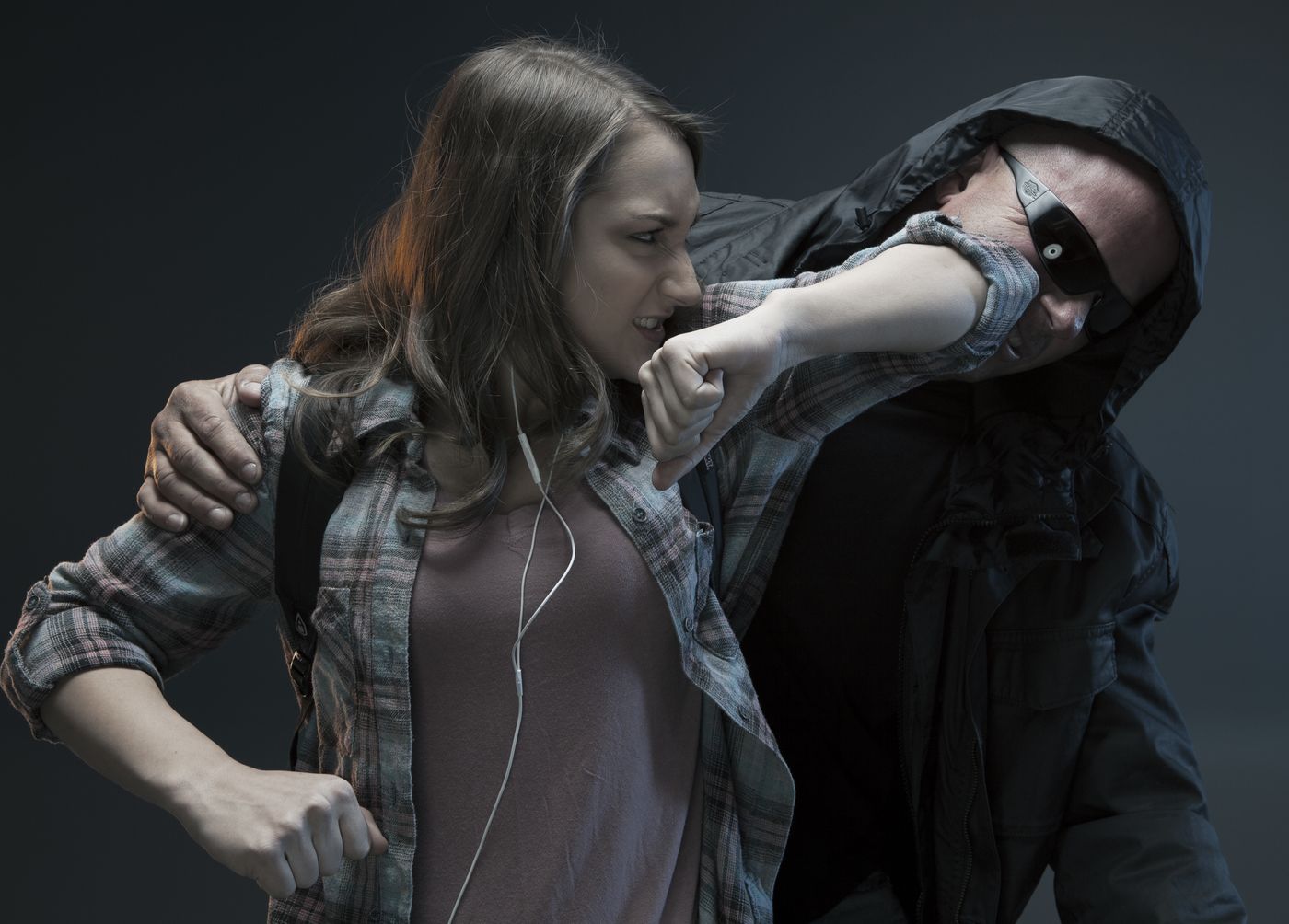When I started doing karate here at RMAI, I was mainly in it for the exercise and physical
conditioning aspects. It wasn’t until I began moving up a few belts that I really started to pay
more attention to perhaps the most important nuance of martial arts…self defense.
If you go back and study the origins of our two parent styles, Tang Soo Do and Taekwondo,
you’ll come to find that the main focus was self defense and personal safety as their techniques
were taught with the understanding of how they would be used against another person in any
type of physical attack.
For those who have taken a class here with Master Celona, you’ve probably heard him talk
about how the traditional forms were created as a way to practice a set of self defense
techniques during times when you don’t have a partner available. For example, while the first
two moves in Pilsung Il Jang appear to simply a be a low block towards your left side and a
stepping center punch, the low block can actually be used as an armbar and the stepping center
punch can help to initiate a throw as you go into the 270 degree turn towards your right side.
There are really many ways in which those two basic moves can be used in a self defense
setting, you just have to be creative enough to look past the surface.
I say all this with the assumption that most people, including myself, don’t understand that the
self defense portion is woven through almost every facet of martial arts training; and that is not
the fault of any one person in particular. Karate has changed over the years. People no longer
have the threat of life ending duels or samurai fights to worry about. Through modern evolution
and the Hollywood spread of martial arts with movies like “The Karate Kid,” fighting has become
more sport and competition forward rather than a tool someone uses to protect themselves.
This is not to take away the fact that the competitive aspects of martial arts offer up their own
set of pros and advantages, however, as safe as we’d like to think that the world may be at
times and that we are in no threat of physical danger, that is unfortunately not the case.
Because I recently binged the new season of “Cobra Kai,” I’m going to quote Mr. Myagi; when it
comes to self defense, “the best defense is no be there.” In other words, the best way to defend
yourself is by avoiding any kind of physical confrontation from the start. Though there may come
a time when avoiding the situation or de-escalating things peacefully is not a valid option, thus,
knowing how to defend yourself against an attacker may just save your life.
The rather unfortunate part about any kind of self defense training is that you don’t really know
how you’d react in a life threatening scenario unless you’re in the midst of it. Call me paranoid
but this is something that I find myself thinking about; or maybe it’s because my mom watches
too many murder shows on ID Discovery. Either way, I wonder what my reaction would be if I
was attacked in an empty parking lot, for instance. Would automatically go into karate self
defense mode and shoulder throw a perpetrator if they tried to put me into a rear headlock? If
my wrist was grabbed would I execute move number two and put someone in an armbar and
then knee strike them to the head as an attempt to make my escape? Or would I lose every
logical technique that I’ve learned thus far as soon as the real threat of danger seeps into my
consciousness?
Like I mentioned before, there’s only so much training you can do to prepare yourself against a
possible attacker when there’s no real threat of bodily harm against you. However, that does not
discredit the validity of self defense training as the main purpose is to work as many attack
scenarios as possible, in a safe way, so that if a real threat comes along, your response
becomes conditioned enough that you’re able to act quickly and efficiently in any dangerous
situation.
Being that I myself am a female on the smaller side, standing only 5’4”, I also wonder if there
are going to be certain attackers that I wouldn’t be able to fight off, even with taking my acquired
self defense knowledge into accord. In most instances, women are going to be pursued by men
in acts of aggression, especially if those women are viewed as easy targets.
While I think that I can put up a fight just as well as any other man, if it’s a question of being able
to overcome brute strength, I know that’s not a fight that I’m going to win. What I’ve come to
learn during my training is that while there is a set standard of self defense techniques per the
RMAI curriculum, there is always room for alternate defenses. So while some people can thwart
off an opponent just with muscle alone, others, like myself, can use alternative defenses to their
advantage where the typical escapes may not be sufficient.
Nonetheless, this is still a scary topic to have to consider. Even if I end up training for another
10 plus years, which hopefully I do, I don’t think there will ever be a time where I’m not
somewhat fearful of my ability to be able to survive an attack against another person if, god
forbid, I ever found myself in that situation. I do know that my odds are better because of my
training and will only get better the more I practice and prepare. Not to get too generic here but
it’s better to be safe than sorry.
Here at Revolution Martial Arts Institute, there is a student creed that we follow and sometimes
recite at the conclusion of class. It serves as a sort of goal reminder of why we train and what
our goals and our responsibilities with our learned techniques are. The third point in the creed
goes like this, “I will use common sense before self defense and never be abusive or offensive.”
So if you’re not convinced about the importance that self defense plays in most every martial
art, including ours, I don’t think it can get more blatant than this.


